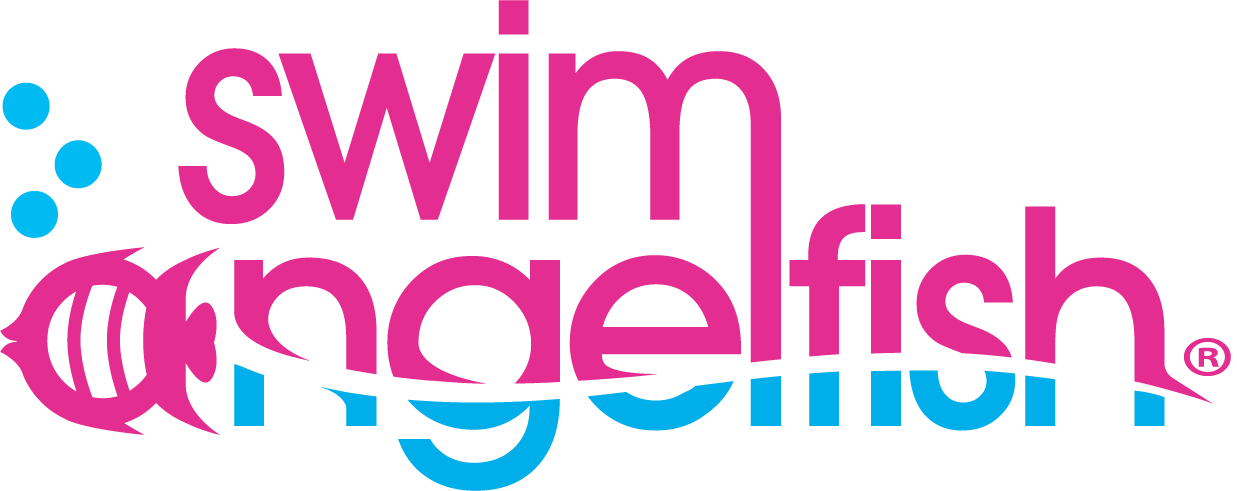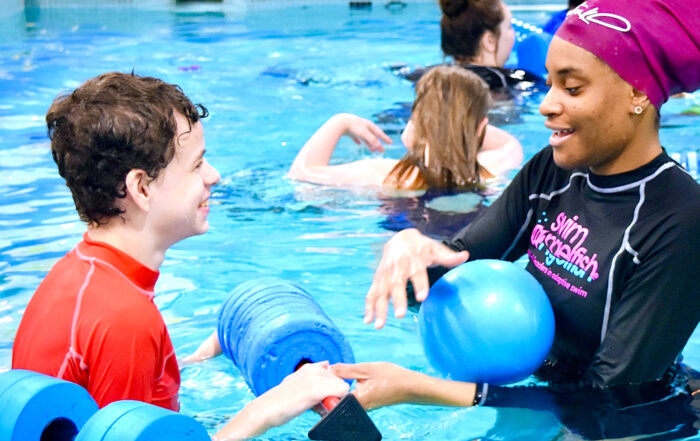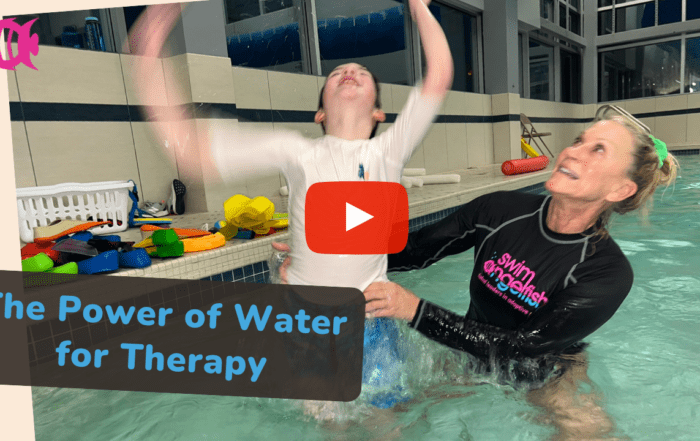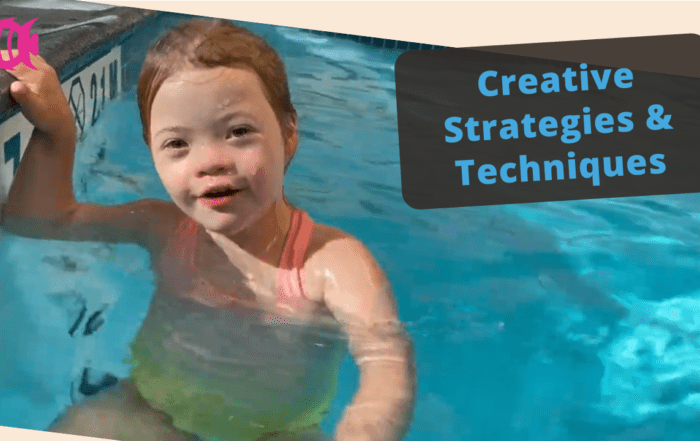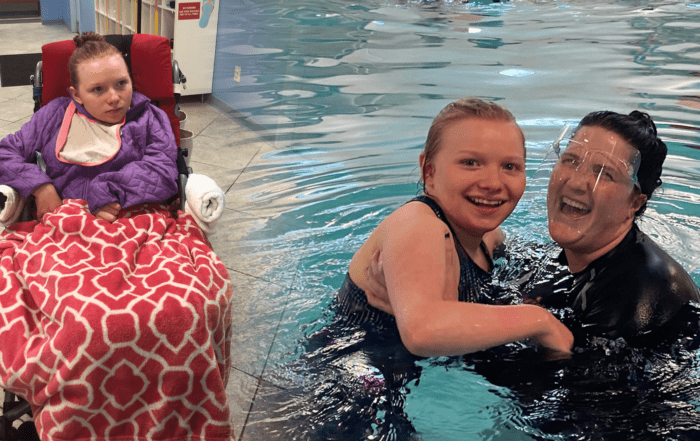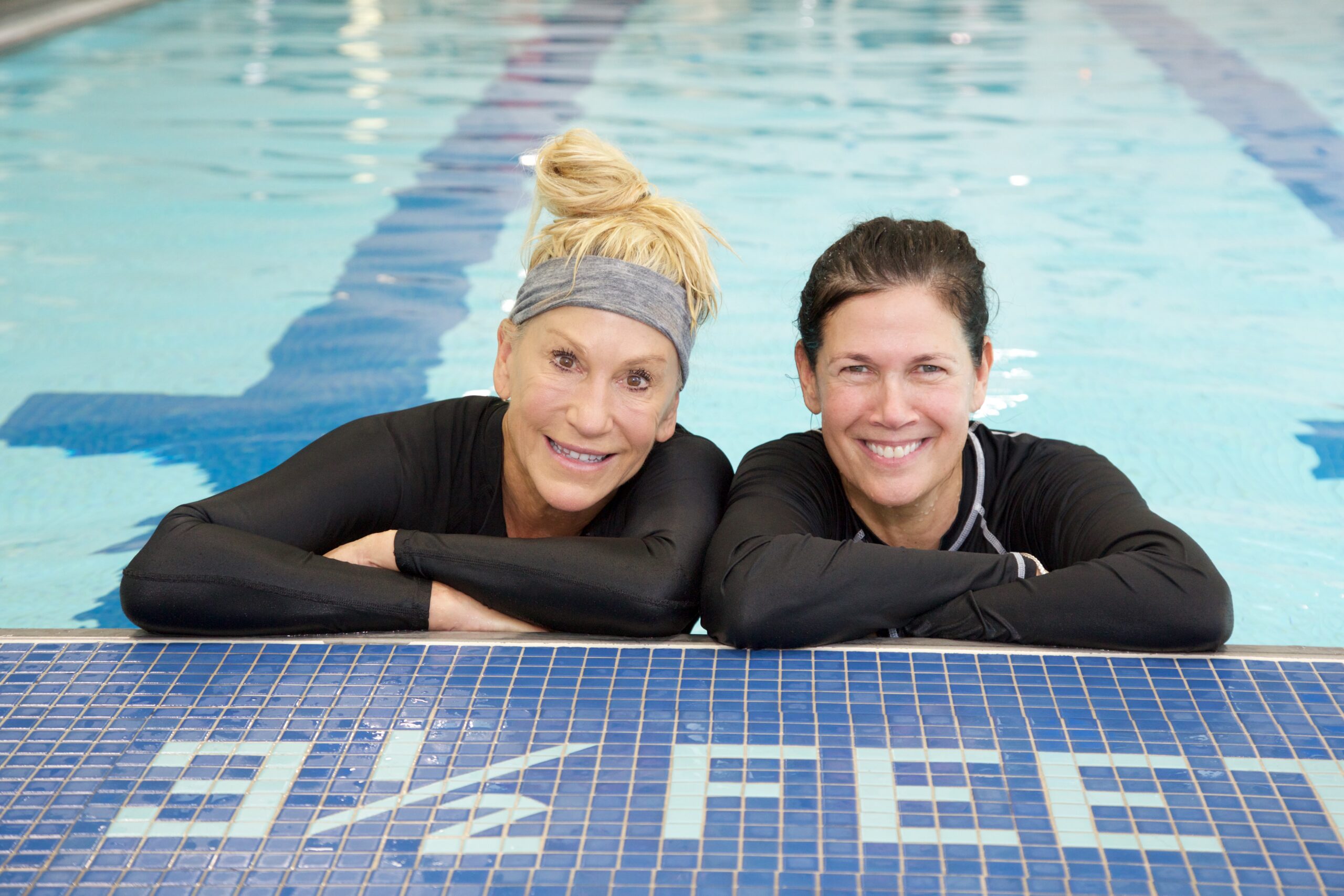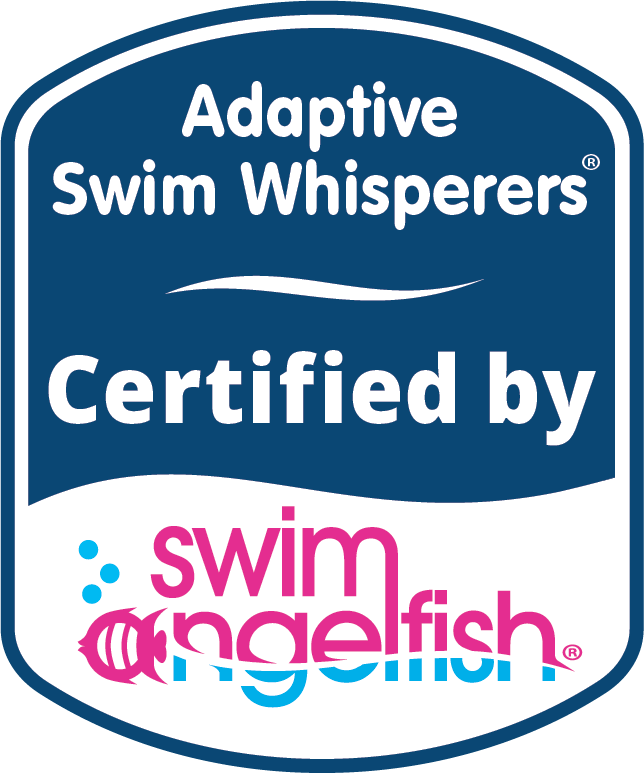Discover how important life skills can be nurtured, as we explore the multiple benefits of choosing aquatic therapy or swim lessons for individuals with Autism.
Developmental disorders such as Autism can have an impact on behavior, social interaction, and communication. This can make it challenging to participate in traditional therapy and activities. However, aquatic therapy and swim lessons offer a unique and effective way to address the difficulties that people with autism experience.
What is Autism or Autism Spectrum Disorder?
Autism, or autism spectrum disorder (ASD), refers to a broad range of conditions characterized by challenges with social skills, repetitive behaviors, speech and nonverbal communication.
Statistics Relating to Water Safety for Children With Autism
How Adaptive Swim Lessons and Aquatic Therapy Contribute to Water Safety
Part of our mission at Swim Angelfish is to help improve water safety for children of all abilities and create a supportive, understanding environment where water safety skills can flourish. Aquatic therapy can help satiate a child’s sensory needs as well as improve their strength, coordination, and motor planning so that they are able to function safely in an aquatic environment. Swim lessons additionally help children develop a crucial sense of awareness for water safety and independent movement, while fostering a positive and functional relationship between the child and the water.
With the rise of Autism becoming so prevalent in our society, it has never been more important to get these children feeling comfortable and safe in the water. Children with Autism may have a tendency to be impulsive or wander which can be especially dangerous in an aquatic environment. Not only can learning to swim help build confidence and self-esteem in the child, but it also builds confidence in the parent, knowing that their child has a greater sense of safety awareness. Swimming can also provide many social opportunities for these children, where they are surrounded by like-minded peers, interacting in a fun and exciting way, while growing their skills together.
Benefits of Swim Lessons for Autism
There are so many incredible benefits of aquatic therapy for children with Autism. Sometimes children with Autism can present with decreased core strength which can lead to toe walking, and delayed motor skill attainment. Aquatic therapy works to increase core strength through abdominal engagement, with an emphasis on oblique activation to assist with more functional movements. Many children in this population also present with retained primitive reflexes. Aquatic therapy is a great way to help integrate those reflexes in a fun and engaging environment! Aquatic therapy can also help satiate a child’s sensory needs and improve self-regulation, so that they are able to leave a session with improved attention, decreased impulsivity, and possibly even increased vocalization. Aquatic therapy can also be a vital steppingstone to swim lessons, as it targets the underlying motor planning and coordination deficits that may be limiting a child from being able to develop crucial swim safety skills.
Benefits of Aquatic Therapy for Autism
Our Swim Whisperers® Adaptive Aquatics Training Program is the only Adaptive Aquatics Training program that uses a therapeutic approach to assess, identify, and overcome the roadblocks that are present in children with special needs while learning to swim.
Here are some great tips when working with individuals who have Autism:
If you are a swim instructor looking for new ideas on how to teach swimmers with Autism, we have you covered with Swim Lesson Tips for Autism.
We can help you find a qualified instructor or aquatic therapist to help your child with Autism become safer and more independent in the water.
We have highly skilled instructors certified in the Swim Whisperers® program who will work with your child to identify and address any underlying obstacles that they are experiencing with learning to swim.
We also have licensed aquatic physical, occupational and recreational therapists who will use a fun, innovative multi-sensory approach to reach specific therapy goals. We offer private, semi-private and small group sessions across multiple locations in CT, MA, NH and NY.
You can advance your swim instructor skills today! When you get certified through the Swim Whisperers® Adaptive Aquatics Training Program, you will have access to proven and time-tested course material, strategies and techniques that will help to transform your ability to teach individuals with special needs.
